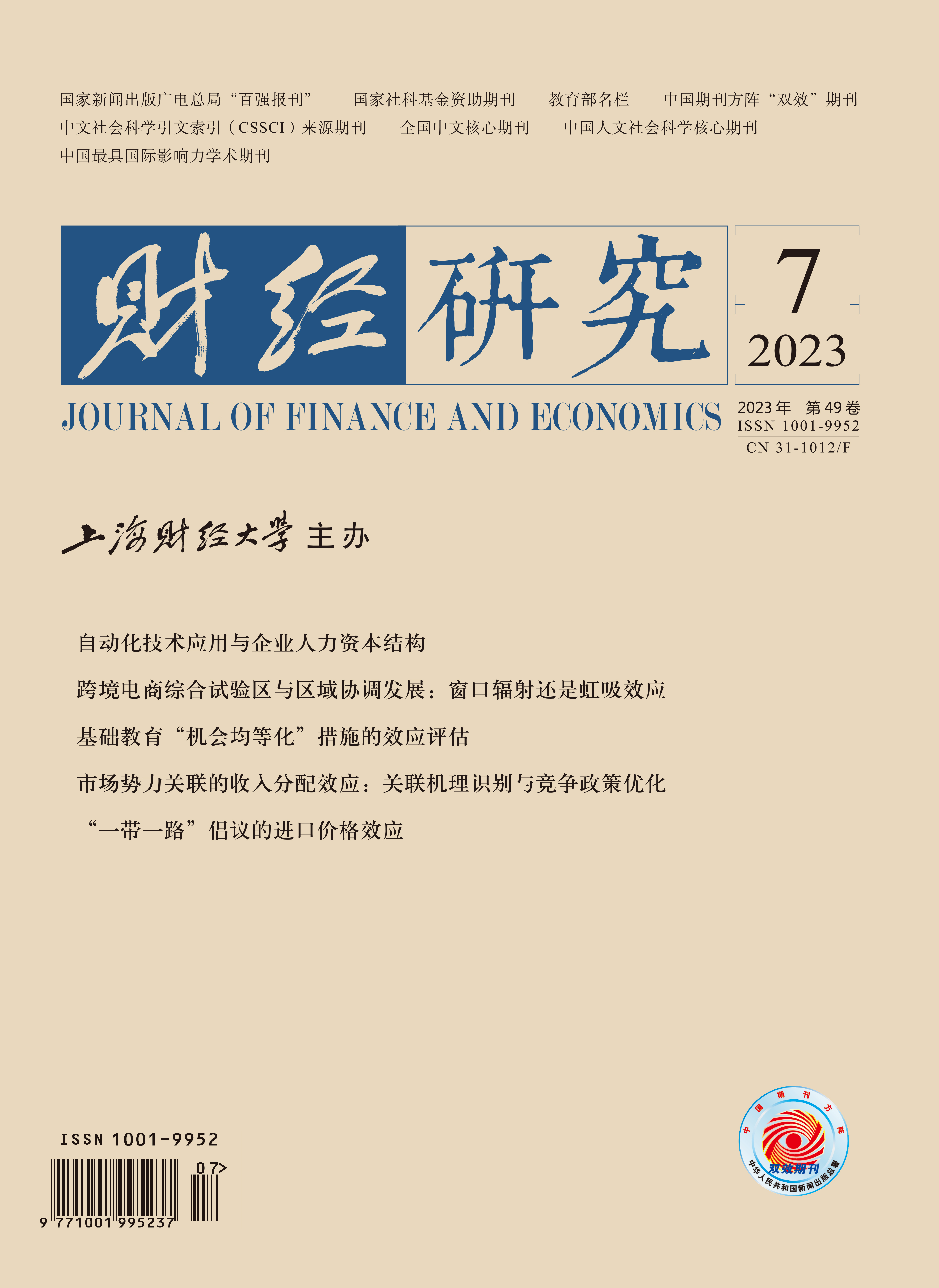Traditional financial theory has limited attention on mergers and acquisitions (M&A) in family businesses. Although domestic and international research has recognized the significance of M&A for family businesses pursuing “longevity”, this static perspective overlooks the impact of multi-stage intergenerational inheritance on M&A. The cases of the differences in M&A activities caused by inheritance of different family businesses and the resulting family conflicts show that as family businesses enter long intergenerational periods, their M&A motives become more complex, which may trigger the button of whether the family business can successfully pass on to the next generation. In addition, differences in the inherent needs of founders and successors may affect corporate M&A decisions.
This paper examines the influence mechanism and effect of M&A in family businesses based on a multi-stage evolutionary perspective of intergenerational inheritance using A-share listed family businesses from 2008-2020 as the research object. The results show that: (1) Compared with other types of family businesses, those preparing for inheritance have more frequent M&A activities, but with lower M&A scale intensity. These family businesses are more willing to engage in horizontally or vertically related M&A to their main business, and the long-term performance of M&A is relatively good, displaying a stable M&A style. (2) During the inheritance stage when the founder cultivates the second generation to jointly run the family business, M&A continues to steadily advance. When the second generation takes over the management, the M&A style tends to be aggressive with higher M&A scale intensity and a higher probability of diversified M&A, but overall M&A performance is relatively poor. (3) In the test of influence mechanism, conflicts and adaptation between two generations have opposite effects on intergenerational inheritance and M&A. The longer the two generations work together, the higher the intensity of M&A scale. During the successor cultivation process, multiple potential successors compete with each other, enhancing the aggressiveness of M&A. When the successor is female, M&A tends to be relatively stable.
The research framework of this paper combines family governance with the complex multi-stage features of intergenerational inheritance and M&A decision-making, expanding and deepening the enterprise theory under the intergenerational inheritance of family businesses, revealing the importance of internal power distribution in family businesses, and providing new evidence for solving the “dual constraint paradox” in the process of power transfer in family businesses. At the same time, this paper also expands and deepens the financial theory of family businesses in the context of intergenerational inheritance, revealing the importance of orderly inheritance and good management for the stability and prosperity of family businesses.





 7973
7973  9045
9045

